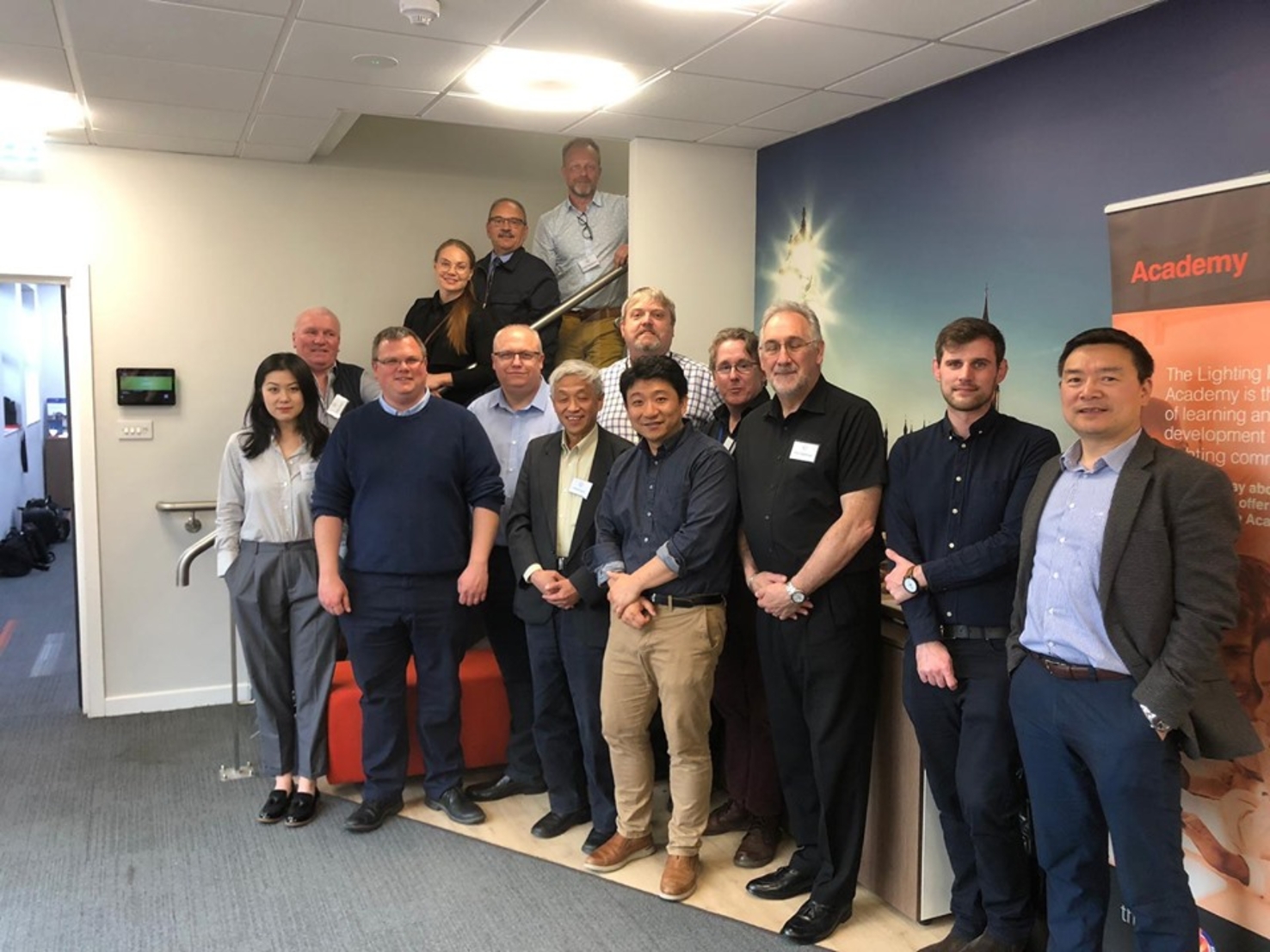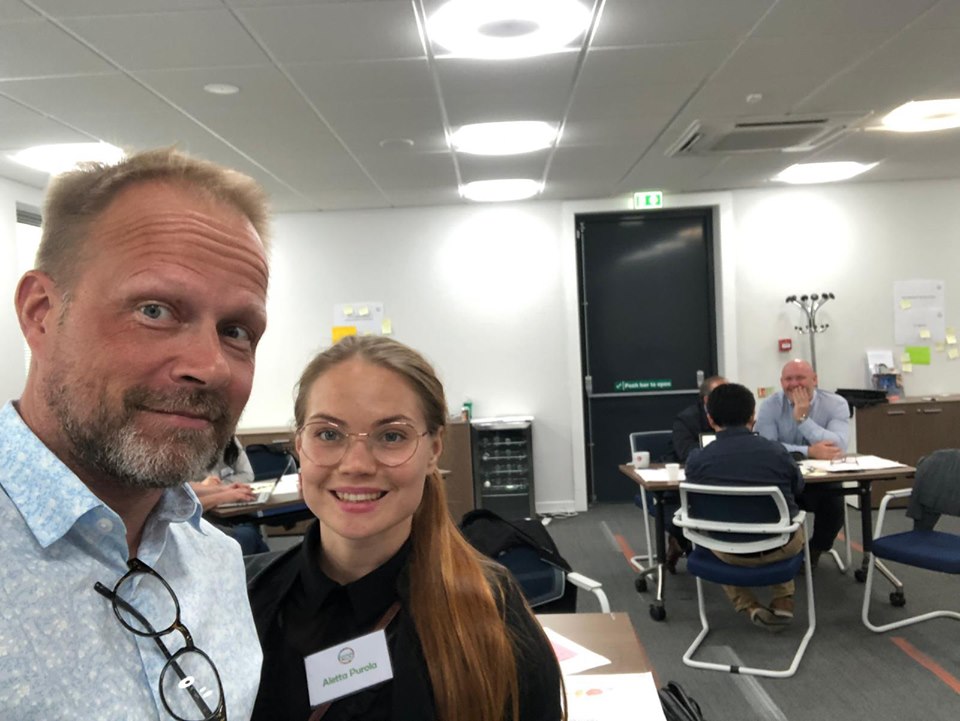Laurea developed Circular Economy Business Models in co-creation workshop in the UK
Together with an industrial lighting company Kosnic Ltd and Nottingham Trent University, Laurea held a two-day co-creation workshop.

Developing new Circular Economy Business Models and demonstrating those in real life environment, is the core of the Horizon 2020 project Circ4Life, A circular economy approach for lifecycles of products and services. Laurea is responsible for developing a common framework and implementation plan for Living Labs, and for coordinating end-user and stakeholder involvement in the circular economy business model creation process. Together with UK partner, an industrial lighting company Kosnic Ltd and project coordinator Nottingham Trent University, Laurea held a two-day co-creation workshop in the premises of the UK Lightning Industry Association (LIA) in Telford, UK. Workshop participants represented various stakeholders from the Lightning industry and Kosnic Ltd’s business ecosystem.
While using multiple Service Design methods, Laurea facilitators Aletta Purola and Harri Haapaniemi guided workshop participants through mapping the current business environment and creating new leasing based business models for the lightning industry ecosystem. During the second half of the workshop, participants concentrated on analyzing and creating solutions for a sustainable and modular lighting product. “Even though most of the participants were attending a co-creation workshop for the first time, and none of them had heard about Service Design before, the participants were able to work towards innovative solutions, in an open and creative manner”, says Service Design specialist Aletta Purola from Laurea.

Senior Manager Harri Haapaniemi and Service Design expert Aletta Purola
Results of the workshop will be used to develop Circular Economy Busines Models, which will be demonstrated at a large scale in four industrial areas: Domestic and industrial lighting products, Vegetable farming and food, Meat supply chain, and Recycling and reuse of computer tablets.
The Circ4Life project consortium consists of seventeen partners from eight EU countries. The three-year project started in May 2018, and it aims to develop and implement a circular economy approach for sustainable products and services through their value and supply chains.